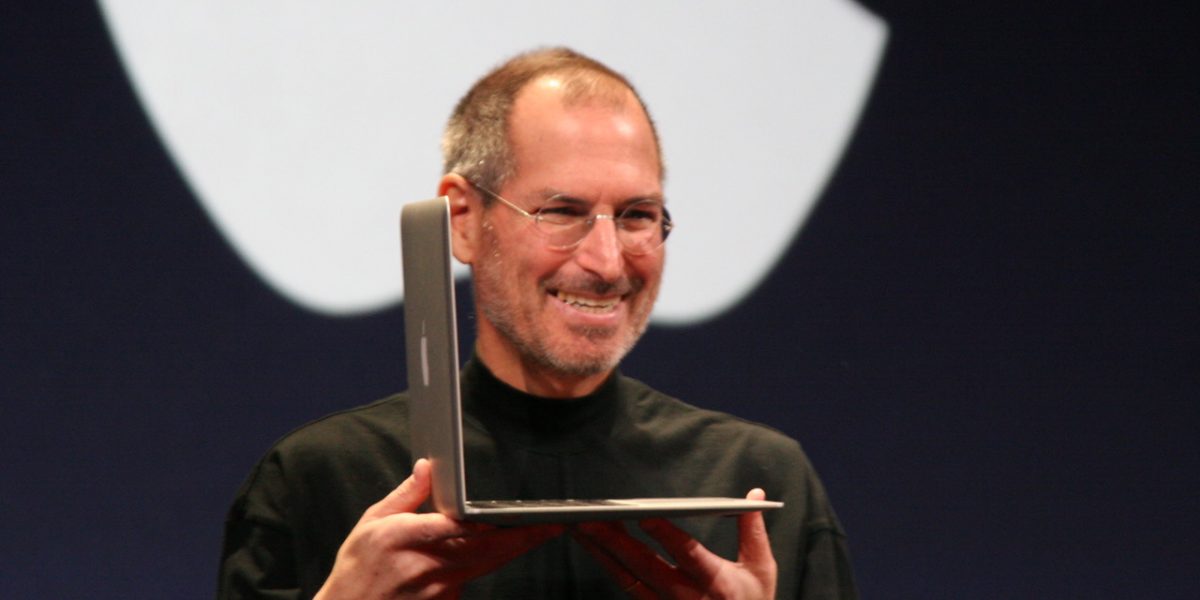Midge Ure trälllerte in den 1980ern recht erfolgreich den Song: „If I was …“. Heute las ich von Umair Haque einen Blogbeitrag, der sich mit der Frage beschäftigt, was die Parameter für zukünftigen Erfolg sind.
Haque ist sich sicher: you don’t get to tomorrow by solving yesterday’s problems. Solche Probleme der Vergangenheit seien z.B. Produktivität und Profitabilität. Aber dennoch: „institutions stuck, like glue, on the same old (readily solvable) problems — instead of looking unflinchingly into the unresolved, hazy future, and resolutely pioneering it.“
Was würde man heute tun, wenn man Steve Jobs wäre? Immer im Alten und Bekannten rumwühlen, oder nach neuen, noch nicht gelösten Problemen suchen, Ideen und Visionen entwickeln, von einer Welt, die besser ist als der heutige Status quo? Hilfreiche Eckpfeiler auf diesem Weg sind die fünf S:
- Singularity („Lives are singular; and for institutions to truly matter in human terms, they must go beyond the homogeneous, to the singular.“)
- Sociality („Relationships happen between human people — not between corporate “people” and human people“)
- Spontaneity („Spontaneity is the act of human potential unfurling in the moment — and if it’s human potential you wish to ignite, then it’s spontaneity you need to spark.“)
- Synchronicity („what distinguishes organizations that achieve enduring greatness is teamwork and collaboration“)
- Solubility („if the question is “Where do tomorrow’s institutions come from?” my answer is: from today’s pioneers.“)
Ein lesenwerter Artikel, der mit dem Einstein-Bonmot endet, der Wahnsinn definierte als „Doing the same thing over and over again and expecting different results.“
Bildnachweis: Von Matthew Yohe [CC BY 3.0] via Wikimedia Commons

